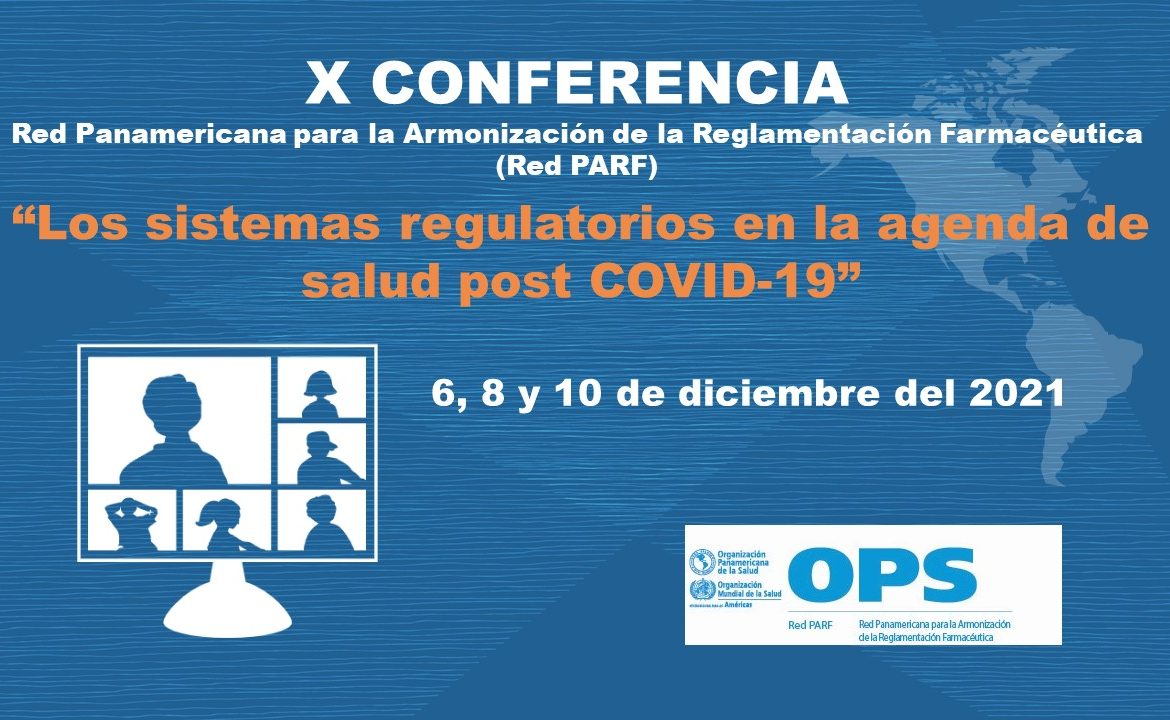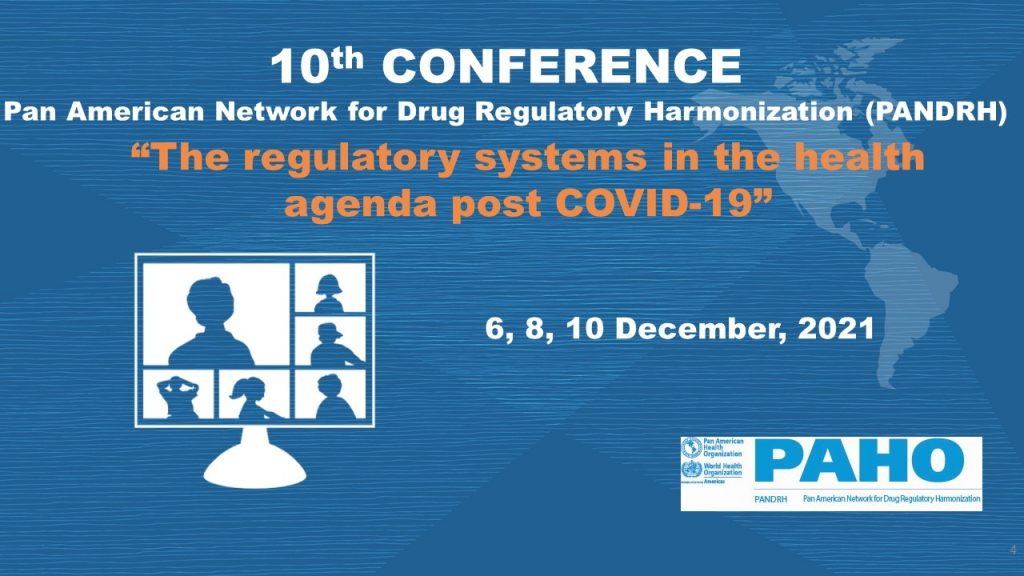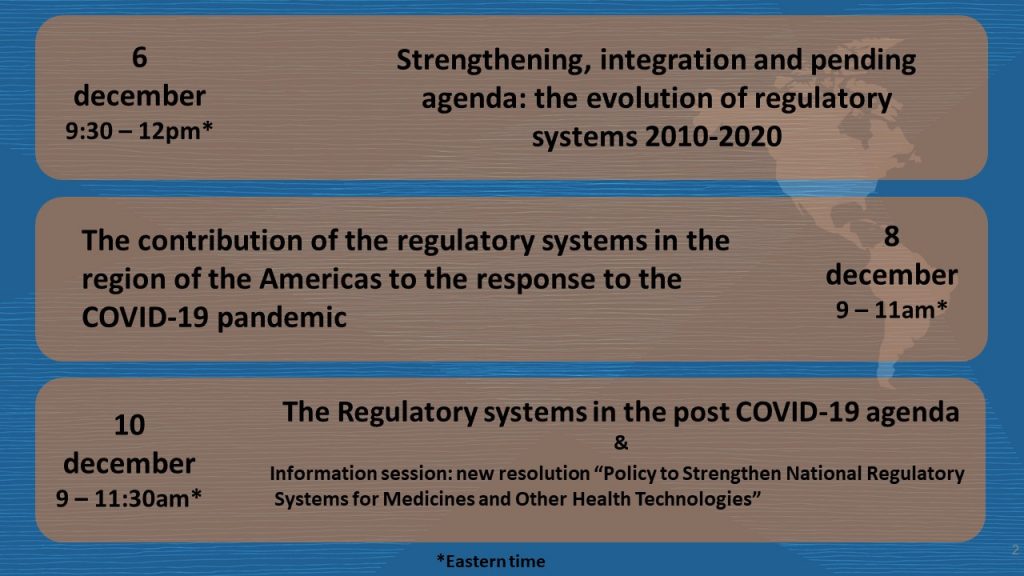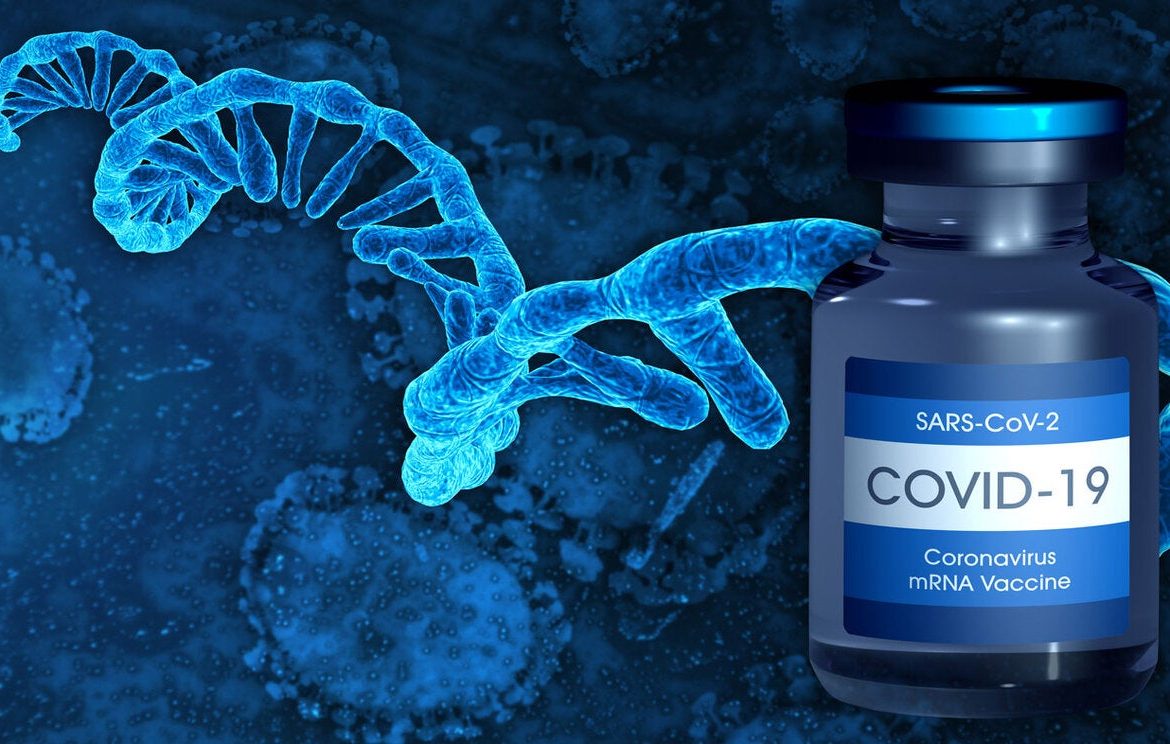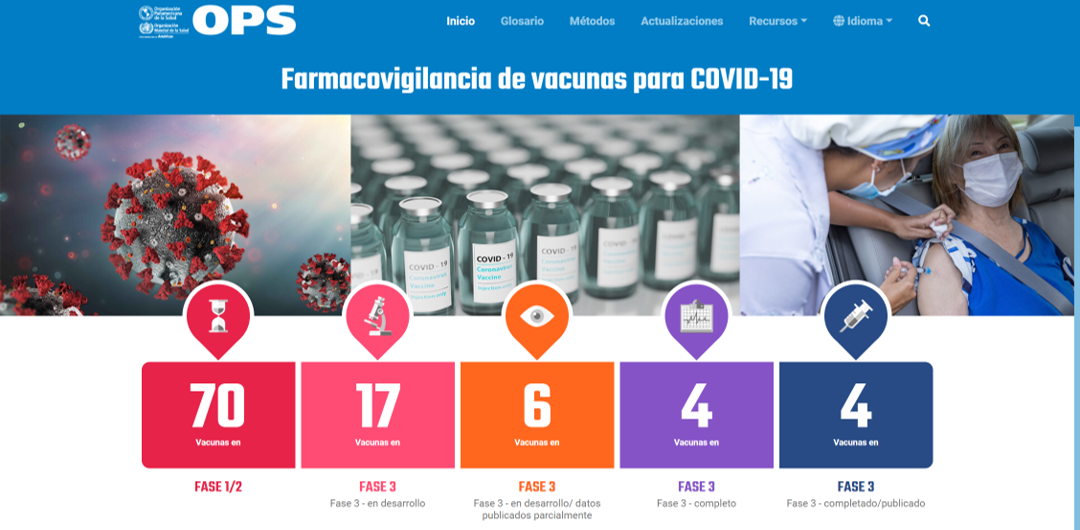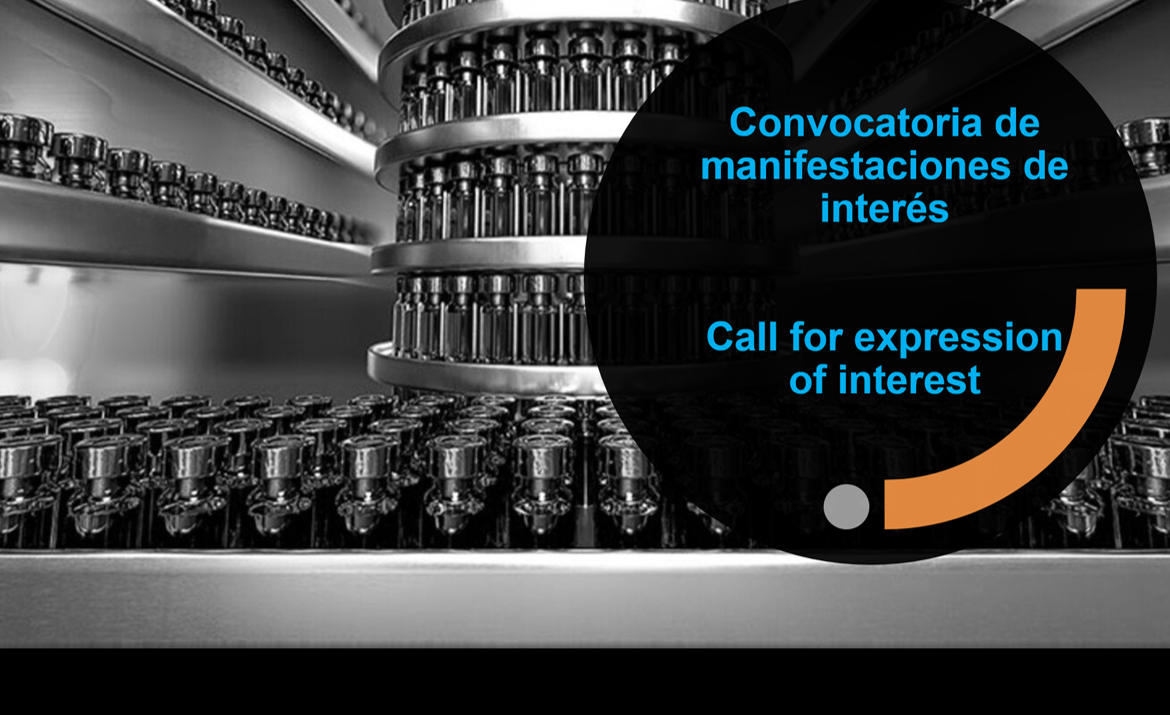These are the Institute of Immunobiological Technology of the Oswaldo Cruz Foundation (Bio-Manguinhos / FIOCRUZ) and the biopharmaceutical company Sinergium Biotech
Washington DC, September 21, 2021 (PAHO) — The Pan American Health Organization (PAHO) announced the selection of two regional centers for the development and production of mRNA vaccines in Latin America in Argentina and Brazil, in order to address COVID-19 and future infectious disease challenges.
The Institute of Immunobiological Technology of the Oswaldo Cruz Foundation (Bio-Manguinhos / FIOCRUZ) was selected as a center in Brazil. It has a long history of vaccine manufacturing and has made promising progress in the development of an innovative mRNA vaccine against COVID-19.
Private sector biopharmaceutical company Sinergium Biotech has been selected as a hub in Argentina and will partner with biotech company mAbxience — belonging to the same group — to develop and manufacture the vaccine’s active ingredients. Both companies have extensive experience in the production and development of vaccines and other biotechnological medical products.
The announcement was made by Dr. Soumya Swaminathan, Chief Scientist of the World Health Organization (WHO), and Dr. Jarbas Barbosa, Deputy Director of PAHO, during a side event as part of the 59th Meeting of the Board of Directors of PAHO. The event “Technology Transfer for the Production of mRNA Vaccines in the Americas” brought together ministers of health and authorities from the countries of the region to discuss vaccine production.
“We congratulate the two selected centers,” said Dr. Barbosa, adding: “There is a hard job ahead, but we are moved by the conviction that this effort will result in timely and equitable access to vaccines in our region, which continues to be the most affected by this pandemic.”
The selection is the result of a call for expressions of interest promoted by WHO in April 2021 in which manufacturers and public and private research institutions were invited to contribute to the establishment of technology transfer centres for mRNA vaccines against COVID-19 in emerging economies. The initiative was supported by PAHO/WHO global partners, such as the Medicines Patent Pool.
The call attracted some thirty expressions of interest from Latin American companies and scientific institutions. To ensure sustainability and further increase regional capacity, PAHO launched a second call for expressions of interest in August 2021. This call was aimed especially at manufacturers interested in being part of a regional consortium to supply pharmaceutical-grade reagents and other inputs for the production of mRNA vaccines.
PAHO also recently presented the Regional Platform for Advancing the Production of Vaccines and Other Health Technologies for COVID-19 in the Americas, which will support collaboration among countries and agencies to apply existing regional biomanufacturing capacity to the production of COVID-19 vaccines and other medical technologies. The platform is based on the principle that pharmaceutical manufacturing should be regional in level and benefit the entire region, and that the distribution of vaccines will be carried out by the PAHO Revolving Fund to all countries.
“Delays in the production (of vaccines) have meant that many countries (in the region) are still waiting for the doses they bought months ago. The limitation of the supply of vaccines continues to delay” vaccination, said PAHO Director Carissa F. Etienne in her opening speech at the event. “This limited production and uneven distribution of vaccines in the face of staggering demand hamper our response to COVID-19 in the Americas. Mass vaccination is critical” to control the pandemic, he added.
The Americas has been the most affected by COVID-19 globally to date, with 87.6 million cases recorded and more than 2.16 million lives lost. The distribution of vaccines remains uneven and few countries in the region have reached the vaccination target of 40% of the population set by WHO.
CONTACTS:
Sebastián Oliel: +1 202 316-5679
Ashley Baldwin: + 1 202 340-4025
Daniel Epstein: +1 301 219-2105
Nancy Nusser: + 410 934-9588
mediateam@paho.org
www.paho.org

